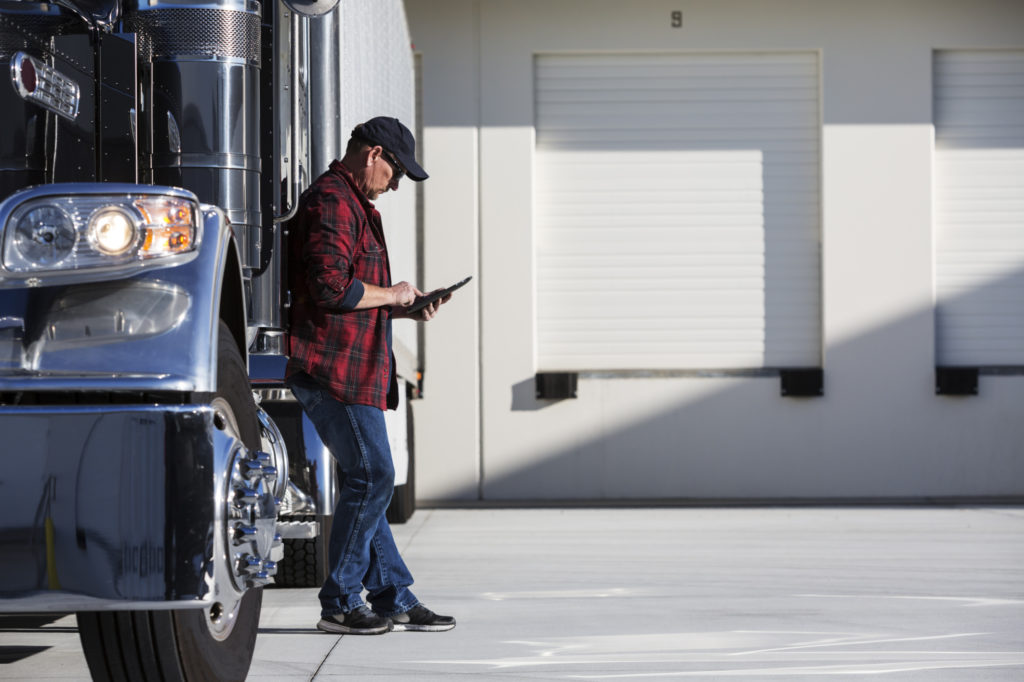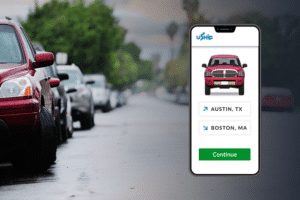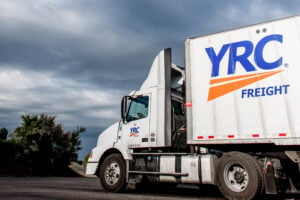“Are you a professional owner-operator or just moving your own stuff?“
This might be a question you’re asked when crossing into a state deeply impacted by COVID-19.
It’s a fair question that a state trooper may pose after opening your trailer to find it filled with household goods, furniture, a piano, motorcycles or something else entirely.
If your travel is deemed “non-essential,” when entering a COVID-19 hot spot, you may be required to turn around. This clearly puts your perfectly legitimate business mission at risk. If you continue into that state, it may require a 14-day quarantine, which there’s no way you can do while continuing to operate your business.
In conversations with many transporters on uShip, including many high-volume carriers, most are finding smooth passage from state to state, including I-95 and I-10. While we’ve heard of some issues, especially when heading into Florida or traveling from Louisiana into Texas, those situations are very fluid. We recommend checking with local authorities regarding travel restrictions before making trips into those states.
While some organizations, such as Amazon, are providing letters to drivers and workers to prove they are conducting an essential service, uShip will not be providing such a document because we are a neutral marketplace.
So, if you’re stopped, here are some tips for how to address the situation. Although these are not hard and fast ways that will instantly deem you an “essential service,” they may help you to distinguish between whether you’re moving your own items or running a business that moves others’ goods.
Please note these tips do NOT replace checking with local authorities and/or state guidelines on your own. Although we said this above as well, it’s being re-emphasized due to its importance.
TIP 1: Produce a Bill of Lading
Carry your Bill of Lading (BOL) so you can readily provide proof that you’re conducting a logistics business and the contents in your truck or trailer are, in fact, not yours. The BOL should contain all key pieces of information – shipper information, to/from addresses, contents, etc. The BOL for each shipment is available through the listing on uShip.
If you don’t have a BOL, try pulling up the listing on uShip, either through your computer or the uShip mobile app. This doesn’t automatically mean a state trooper will deem you an “essential service” when entering a COVID-19 hot spot – that’s definitely up for interpretation, depending on who you talk to – but it does answer the question: “Is this your stuff?”

TIP 2: Display your Current DOT and MC Authority
Showing your updated authority documents further supports your claim that you are running a legitimate logistics business – not just someone hauling their personal goods – and you should be allowed to continue. Again, it’s up to the interpretation of a state trooper or local authority, but displaying your current authority documents only helps your case.

TIP 3: Refer to this State-by-State Essential Business Designation Chart
The National Governors Association has put together a quick reference guide that displays how each state views “essential services.” As you can imagine, guidance varies widely by state and is often clear as mud.
For example, Illinois’ list of essential businesses and operations, includes the following excerpts that COULD fall under transportation, be it serving a COVID-19 need or not:
Essential Infrastructure, such as food production, distribution and sale, distribution centers, transportation; Gas stations and businesses needed for transportation; Mail, post, shipping, logistics, delivery, and pick-up services; Supplies to work from home; Supplies for essential businesses and operations; Manufacture, distribution, and supply chain for critical products and industries.
Meanwhile, in Florida, the Executive Order is a bit clearer because there’s an entire Transportation and Logistics section. It appears to be almost all-encompassing when it comes to people supporting logistics functions, including truck drivers, final-mile delivery, and the like.
These are just two examples, not all states have an essential services breakdown and for some, the list is rolled into a larger executive order.
Unfortunately, the COVID-19 situation is still quite fluid. We encourage all transporters to use their best judgment when transporting shipments and research the applicable local and state rules before hitting the road. Please practice patience when entering potential COVID-19 hot spots. Above all else, the common goal for everyone during these trying times is to work together towards maintaining everyone’s safety.





